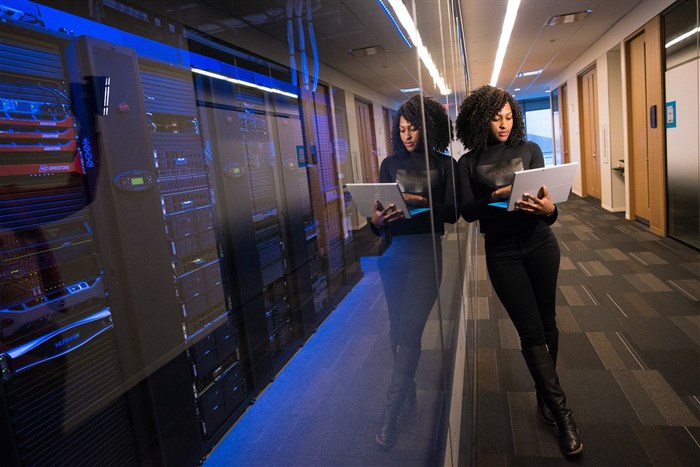
But there is some good news, with growing digitisation and the rollout of 4G and 5G infrastructures (across the continent) this means data centres’ volumes are set to grow significantly in the next five years. We have the possibility to “leapfrog” in technology and embrace the latest best practices and trends established today and thus see a fleet of modern facilities with higher efficiencies.
Africa with its population of 1.3 billion is driving a rapid and accelerating deployment need, particularly with a young technology savvy and dynamic populace; the sky could be the limit.
To accelerate Africa’s digitalisation, there is a number of significant hurdles to be crossed. For one, cloud-based service providers require closer proximity to populated centres to enable them to deliver more sophisticated services in a timely and competitive manner while also reducing data shipment costs.
Currently, nearly half of Africa’s colocation facilities are based either in South Africa or Nigeria with Kenya and Morocco following suit. Ironically, many African websites are currently hosted in European datacentre facilities.
Datacentres must be as close as possible to the user to minimise latency, thus ensuring fast and reliable access to the information or services. Closer proximity typically translates into more capacity and speed, which drives down costs and ultimately increases accessibility.
As it stands, the African datacentre market can be segmented into three main tiers:
The African Development Bank estimates a total infrastructure investment of approximately $130 to $170bn a year is required to meet the continent’s rapidly growing data centre needs. The bottom line is Africa needs more funding from private investment to bridge the current between $68 and $108bn gap.
Data centres are power-hungry and continuously consume a vast amount of power; this is especially true in some African countries where many are faced with extreme climatic conditions which adds an additional level of complexity for the cooling systems employed and often there is a subsequent increased energy usage.
Furthermore, African countries often deal with unreliable grid power suppliers that must be supplemented by generator-based solutions, which typically means a higher energy cost. Secure power solutions such as uninterruptable power supply and energy management technologies become essential for these facilities to operate effectively.
The good news is renewable energy solutions are growing in adoption and are set to help mitigate some of the above energy challenges. We see that the cost point for renewables such as solar, for example, has stabilised and is now becoming more affordable. Between 2010 and 2017 the average cost of producing solar energy fell by 73%, and by 22% for onshore wind power solutions says the International Renewable Energy Agency.